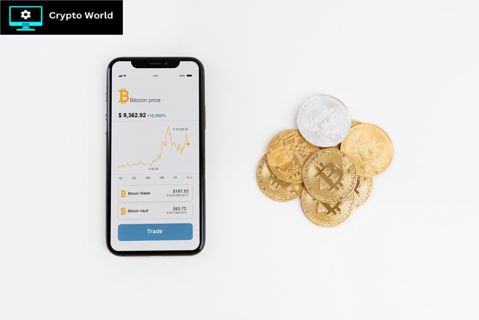
The rise of NFT tokens in virtual economies marks a transformative shift in the digital landscape. NFTs, or Non-Fungible Tokens, have gained immense popularity, offering unique opportunities for creators, gamers, and investors. This article delves into the significance of NFTs in virtual economies, highlighting their benefits, challenges, and future potential.
 NFT Tokens in Virtual Economies
NFT Tokens in Virtual Economies
Understanding NFTs
Non-Fungible Tokens (NFTs) are digital assets that represent ownership or proof of authenticity of unique items or content, verified through blockchain technology. Unlike cryptocurrencies such as Bitcoin or Ethereum, which are fungible and can be exchanged on a one-to-one basis, NFTs are unique and cannot be replaced by another token. This uniqueness makes NFTs ideal for representing digital art, collectibles, and virtual items in online games and virtual worlds.
NFTs in Gaming
NFTs have revolutionized the gaming industry by enabling true ownership of in-game assets. Players can buy, sell, and trade NFTs representing characters, skins, weapons, and other virtual items. This ownership extends beyond the game itself, allowing players to transfer assets between different games and platforms. Additionally, NFTs provide a new revenue stream for game developers through secondary sales and royalties. Notable games like "Axie Infinity" and "Decentraland" have successfully integrated NFTs, creating vibrant virtual economies.
NFTs in Virtual Real Estate
Virtual real estate is another area where NFTs have made a significant impact. Platforms like "Decentraland" and "The Sandbox" allow users to buy, sell, and develop virtual land using NFTs. These virtual properties can be used for various purposes, such as hosting events, building virtual stores, or creating interactive experiences. The concept of virtual real estate has attracted significant investment, with some parcels of land selling for millions of dollars. NFTs provide a transparent and secure way to establish ownership and provenance of virtual properties.
Challenges and Risks of NFTs
Despite their potential, NFTs come with challenges and risks. The environmental impact of blockchain technology, particularly the energy consumption of proof-of-work systems, is a significant concern. Additionally, the market for NFTs is highly speculative, with prices subject to extreme volatility. Intellectual property issues and copyright infringement are also prevalent, as the ease of creating and distributing digital content can lead to unauthorized use. Ensuring security and preventing fraud in NFT transactions is another critical challenge that needs to be addressed.
The Future of NFTs in Virtual Economies
The future of NFTs in virtual economies looks promising as technology continues to evolve. Improvements in blockchain scalability and the adoption of more energy-efficient consensus mechanisms, such as proof-of-stake, may alleviate environmental concerns. Increased regulation and standardization could help address legal and security issues, fostering a more stable and trustworthy market. The integration of NFTs with emerging technologies like virtual reality (VR) and augmented reality (AR) is likely to create even more immersive and interactive virtual experiences.
FAQs on NFT Tokens in Virtual Economies
What makes NFTs valuable?
NFTs derive value from their uniqueness, scarcity, and the demand for the digital assets they represent. Their value can also be influenced by the reputation of the creator and the significance of the asset.
How do NFTs benefit creators?
NFTs provide creators with a new way to monetize their work by selling unique digital items and earning royalties from secondary sales. This model ensures creators are compensated fairly for their contributions.
Can NFTs be used across different platforms?
Yes, one of the key advantages of NFTs is their interoperability. They can be transferred and used across different games, platforms, and virtual worlds, providing more flexibility and value to the owners.
Are NFTs environmentally friendly?
The environmental impact of NFTs is a concern due to the energy-intensive nature of some blockchain technologies. However, efforts are being made to develop more sustainable blockchain solutions to mitigate these effects.
What legal issues are associated with NFTs?
Legal issues include intellectual property rights, copyright infringement, and regulatory compliance. It's crucial for buyers and sellers to understand the legal landscape and ensure they have the right to create, sell, and own NFTs.

Conclusion
In conclusion, NFT tokens in virtual economies offer exciting possibilities for ownership, commerce, and creativity. By enabling true ownership of digital assets, NFTs have the potential to transform industries such as gaming and virtual real estate. However, it's essential to navigate the associated challenges and risks, including environmental impact, market volatility, and legal issues. As technology and regulation evolve, NFTs are poised to play a pivotal role in the digital economy, unlocking new opportunities for creators, investors, and virtual world enthusiasts alike.
Follow Affiliate Marketing For Beginners to stay updated on their latest posts!
0 comments
Be the first to comment!
This post is waiting for your feedback.
Share your thoughts and join the conversation.
